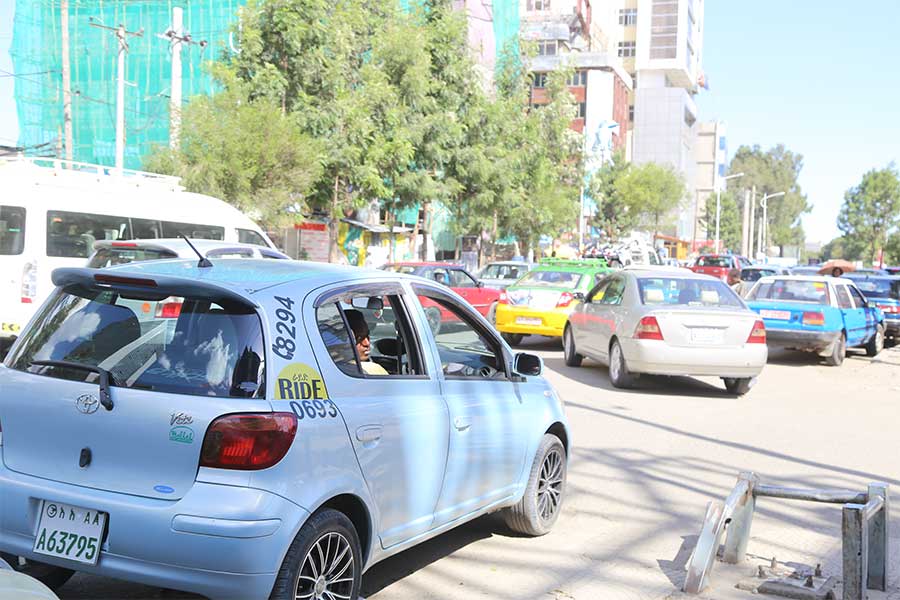
View From Arada | Jan 04,2020
Mar 21 , 2020
By Christian Tesfaye (
Christian Tesfaye (christian.tesfaye@addisfortune.net) is a researcher and Fortune's Deputy Editor-in-Chief whose interests run amok in the directions of political thought, markets, society and pop culture.
)
I have seen it in movies, read about it in fiction and contemplated it with friends. Still, it never occurred to me that something that upends our social and professional lives, and soon our economies, politics and faiths, would happen in my lifetime.
This just may be the single most critical incident since World War II, affecting every facet of life in every part of the world. No social or economic class, no nationality, race or sex is immune to the Novel Coronavirus Disease 2019 (COVID-19). Younger people may be less susceptible to the disease, if they do not have underlying health conditions, but that would be of little value when the socioeconomic infrastructure is devastated.
About a week ago, Ethiopia confirmed its first case of the Coronavirus. It was inevitable. We could have guessed that the disease had already spread far and wide in the world, considering the number of high profile people that were testing positive. It might have partly been because they were getting tested, but it was also because they had far better access to testing kits.
But even as the disease has been making the rounds in the world, the panic did not register here. There is always that sense of exceptionalism we Ethiopians have, which especially activates in times of crisis and uncertainty. It was no different this time, and even after the first Coronavirus patient was confirmed, we were living in our bubble.
Slowly, as of this writing, the number of infected has gone up to nine. Add to this, restrictions on public gatherings and the closure of schools for at least 15 days, and the seriousness of the matter is beginning to register.
Even committed libertarians and anarchists were all of a sudden beginning to see the importance of government intervention, even at the expense of some personal liberties. Like our right to make use of the Nile, it has brought us together. We have recognised that it is a common enemy.
What has not been recognised is the devastation it can cause us, the destruction it can bring to our lives and the fact that it will be weeks, if not months, before we can return to normalcy.
This is because we find ourselves in the state of mind that countries such as Italy found themselves in about a month ago. The number of cases was only in the single-digits then, tripling at about an average of every three days, before they were in double digits, in the hundreds, then the thousands and then tens of thousands. It was a trickle that turned into a rainstorm. And it may continue to rain, especially in countries such as Italy, given how long it took for aggressive measures to be taken.
It is thus devastating to see people not taking this seriously. It is hard to believe when people say that, although they agree with taking precautions, this is not going to prevent them from going to church on a peak Sunday morning, that they will not rearrange their lives over a flu.
If this is how we are going to approach this matter, then we have little chance of getting out of this in one piece.
But there may be a silver lining. This is a crisis, and it has been overdue considering how we have come to disdain science, knowledge, professionals of many kinds, and all institutions that we believe are a threat to our beliefs.
Perhaps it ends with pushing rational, centrist people to the fore and exposing anti-intellectualism. Indeed, crises do not pan out in this manner all the time - World War I ended up laying the groundwork for maniacs such as Adolf Hitler.
But both the Great Depression and World War II, despite the devastation they incurred, and despite the fact that we should not justify the loss of anyone for the lives of many if we have the choice, made us act humanely and rationally. These events taught us that institutions, especially intergovernmental ones, were critical and that global solidarity saves countless lives. They also showed us that capitalism, at its excess, will leave many of us poor.
But, most of all, those two events allowed rational, centrist visionaries to be able to lead us into a better future. The world was not a perfect place, but humanity had less blood on its hands afterwards.
A crisis of a lifetime, perhaps lifetimes, is here. While fighting it, let us at least hope, and work to ensure, it was for the better.
PUBLISHED ON
Mar 21,2020 [ VOL
20 , NO
1038]

View From Arada | Jan 04,2020

Commentaries | Aug 13,2022

Viewpoints | Nov 02,2019

Radar | Nov 05,2022
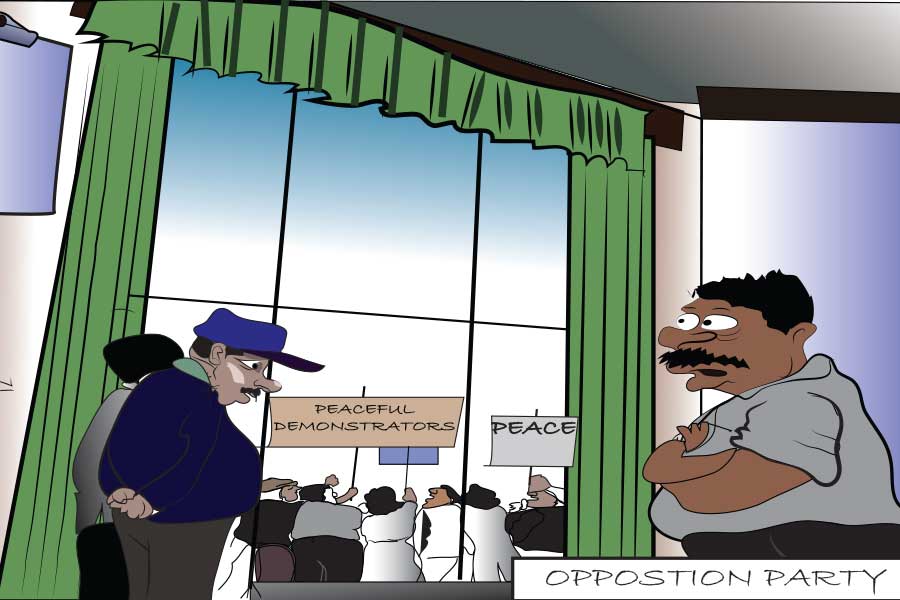
Editorial | Sep 28,2019

Editorial | Apr 09,2022
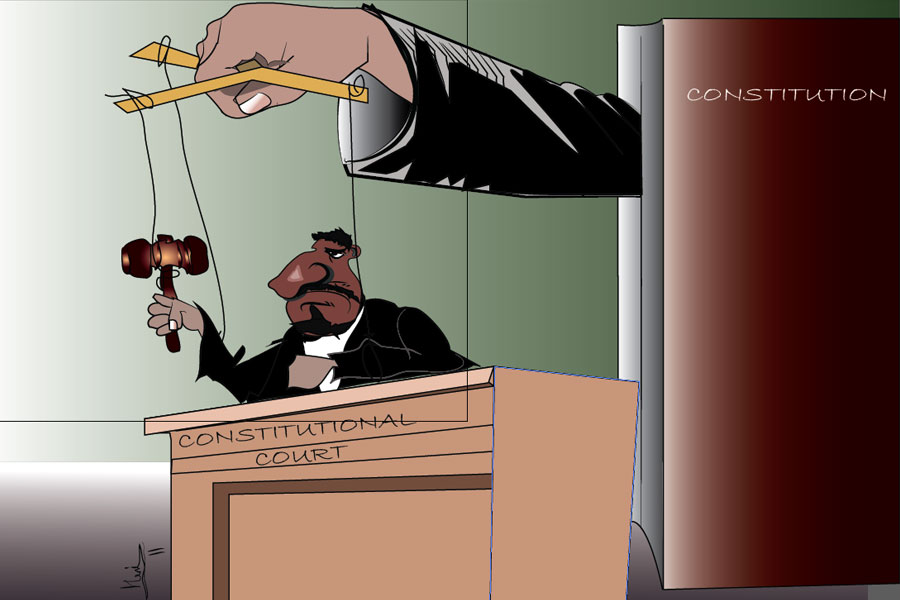
Editorial | Jan 12,2019
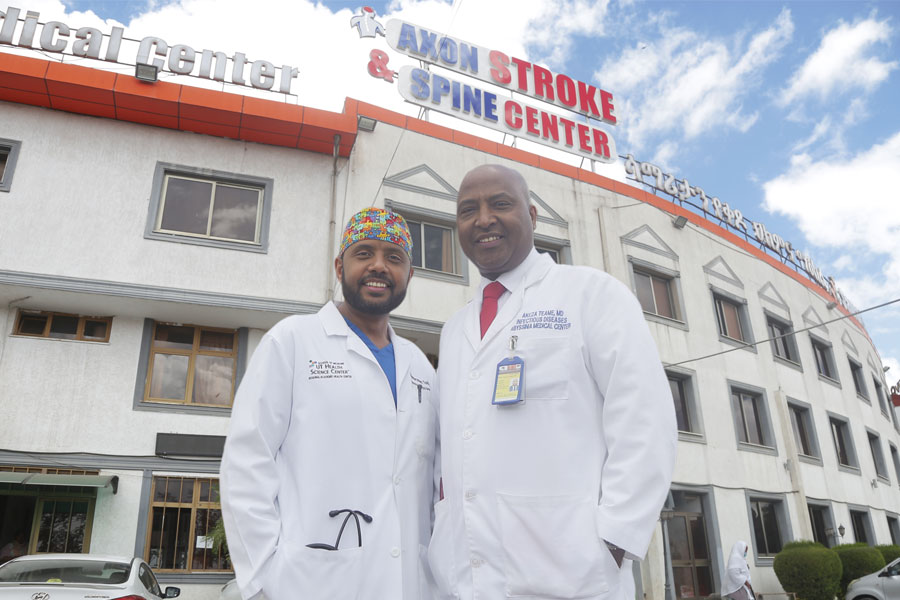
Featured | Nov 12,2022
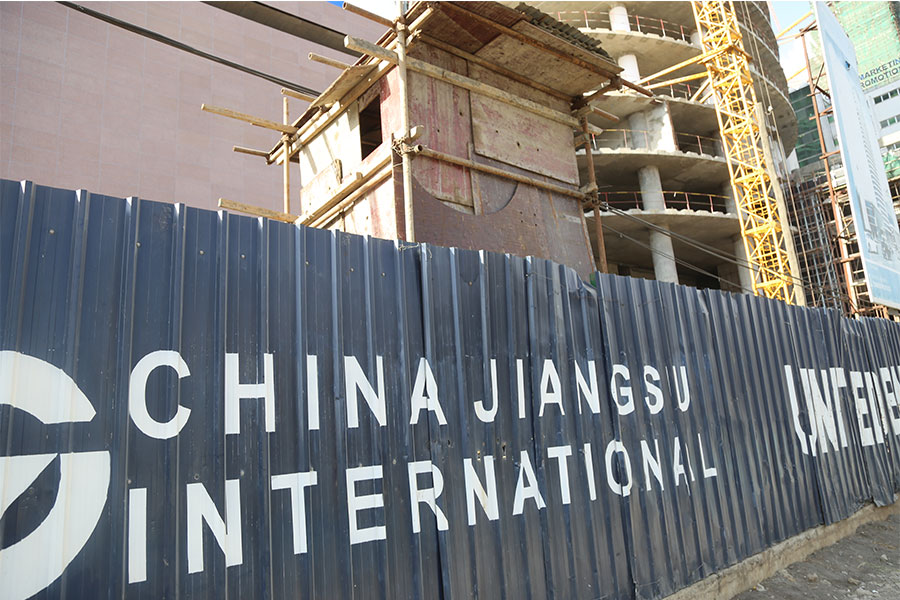
View From Arada | Feb 16,2019
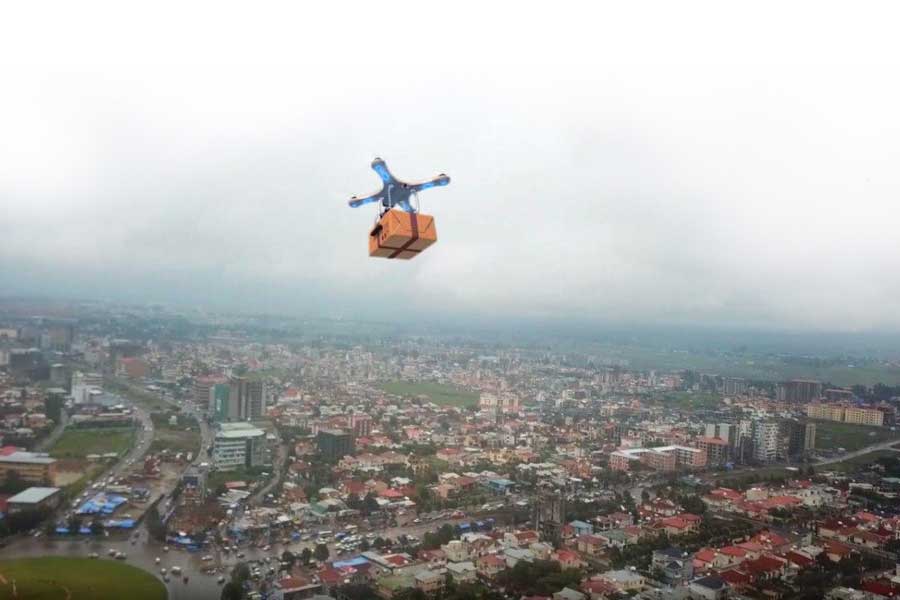
Featured | Oct 25,2020

Dec 22 , 2024 . By TIZITA SHEWAFERAW
Charged with transforming colossal state-owned enterprises into modern and competitiv...

Aug 18 , 2024 . By AKSAH ITALO
Although predictable Yonas Zerihun's job in the ride-hailing service is not immune to...

Jul 28 , 2024 . By TIZITA SHEWAFERAW
Unhabitual, perhaps too many, Samuel Gebreyohannes, 38, used to occasionally enjoy a couple of beers at breakfast. However, he recently swit...

Jul 13 , 2024 . By AKSAH ITALO
Investors who rely on tractors, trucks, and field vehicles for commuting, transporting commodities, and f...

Jun 28 , 2025
Meseret Damtie, the assertive auditor general, has never been shy about naming names...

Jun 21 , 2025
A well-worn adage says, “Budget is not destiny, but it is direction.” Examining t...

Jun 14 , 2025
Yet again, the Horn of Africa is bracing for trouble. A region already frayed by wars...

Jun 7 , 2025
Few promises shine brighter in Addis Abeba than the pledge of a roof for every family...